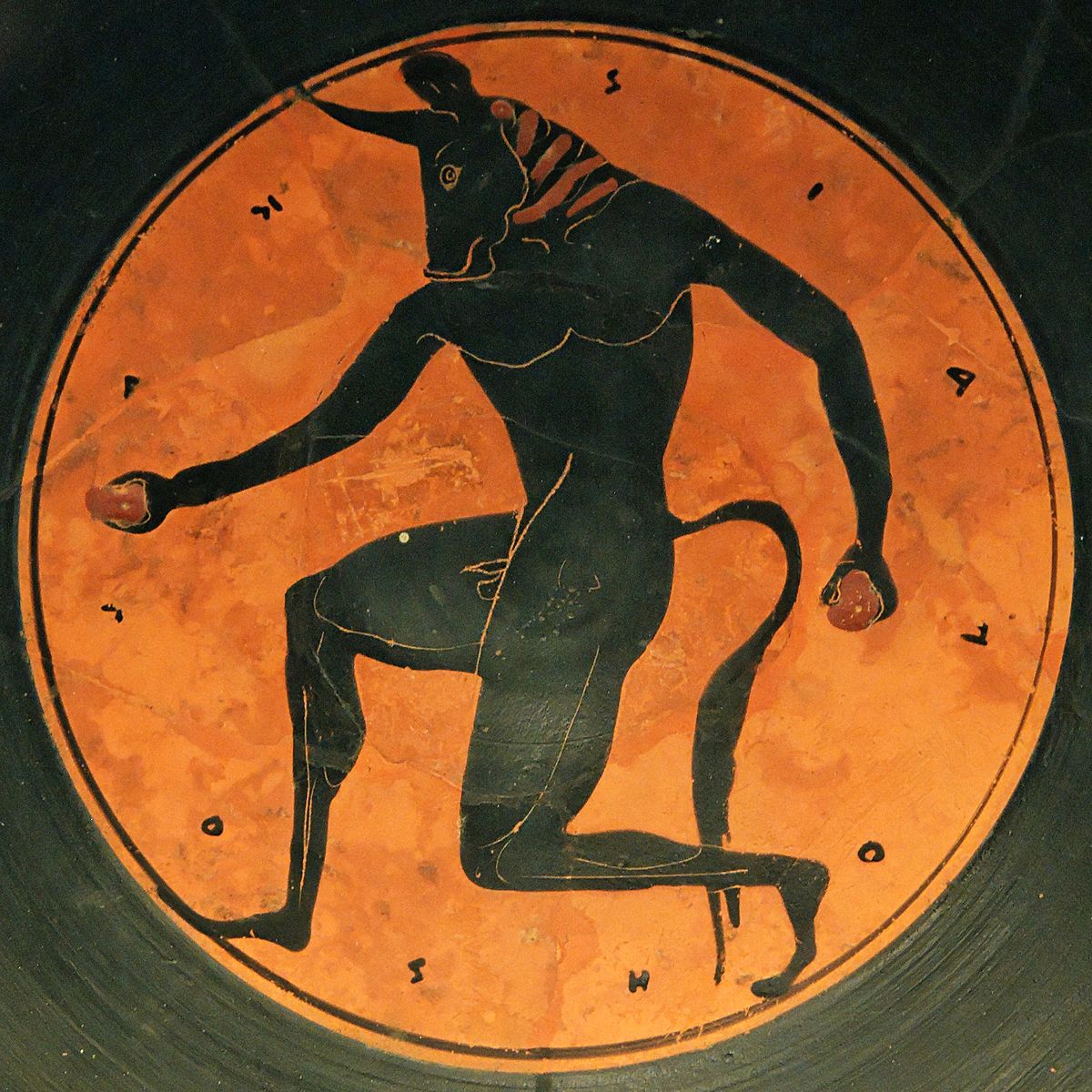Josu
Emperor
Wait until he tells them the great discovery that any point that forms a circumference is at the exact same distance from the centre as each and every one of the infinite others.
Ah, yes. ‘Translations’ in Spain are depressingly regularly made like that, but since the country has quite successfully rebranded Castilian as ‘Spanish’ (contradicting even its own constitution) then all translations seem to be sourced to -hilariously- Catalonia.
Random and OT fact: First spanish grammar book was called Gramática de la lengua castellana

 Literally, "of many means" (aporo is of "no means").
Literally, "of many means" (aporo is of "no means").
 Maybe Spivak's way of implicitly stating he only meant this book for the more committed or just the most ar readers.
Maybe Spivak's way of implicitly stating he only meant this book for the more committed or just the most ar readers.